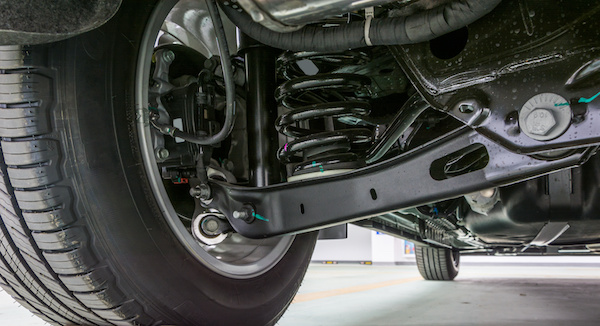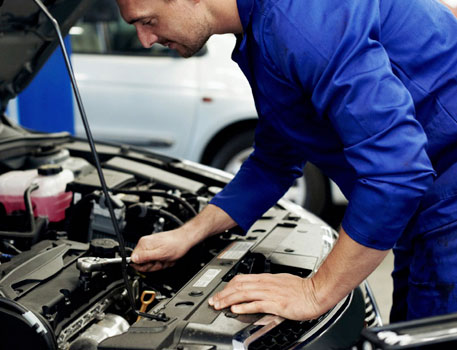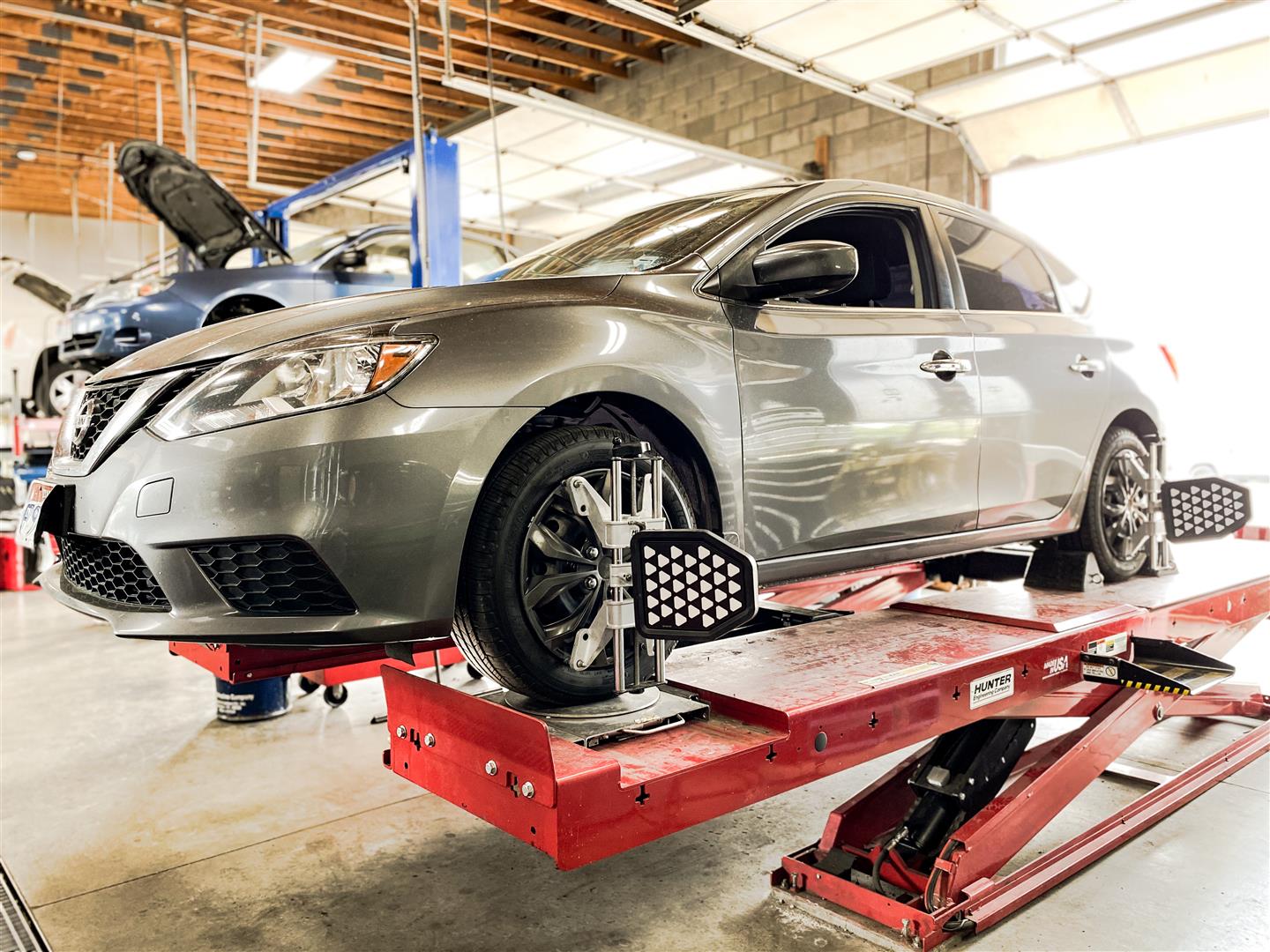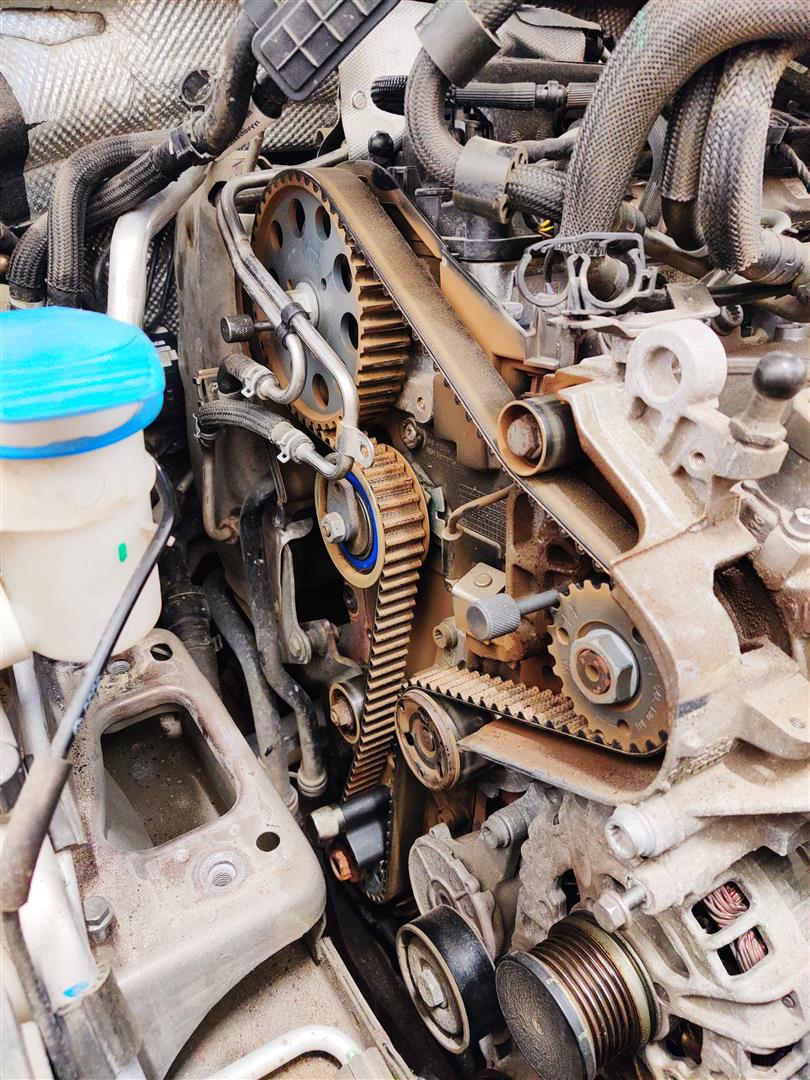Posted on 7/2/2024

Deciding whether to maintain your current vehicle or purchase a new one is a significant financial decision. While the allure of a new car is strong, there are substantial benefits to maintaining your current vehicle. Insights from [Edmunds' True Cost to Own (TCO)] (https://www.edmunds.com/about/more-about-tco.html) analysis highlight several advantages of sticking with your existing car. Let’s explore these benefits in detail. Financial Savings 1. Lower Depreciation Costs: - New cars depreciate quickly, losing a significant portion of their value within the first few years. By maintaining your current vehicle, you avoid this steep depreciation hit. Your car has already gone through the most rapid phase of depreciation, making it a more economical choice. 2. Reduced Monthly Expenses: - Purchasing a new car often involves taking on a new loan, leading to higher monthly payments. Maintaining your current car, especially if i ... read more
Posted on 6/11/2024

When it comes to vehicle maintenance, one component that often doesn't get the attention it deserves is the shock absorber. Yet, these unassuming parts play a crucial role in ensuring a smooth and safe ride. Let's delve into why shocks are so important for your vehicle's performance and your overall driving experience. 1. Smooth Ride Quality: Shocks are designed to absorb and dampen the impact of bumps, potholes, and other road imperfections. Without properly functioning shocks, every dip and bump in the road would result in a jarring and uncomfortable ride. By maintaining consistent contact between your tires and the road surface, shocks contribute to a smoother and more comfortable driving experience for you and your passengers. 2. Enhanced Vehicle Stability: Shocks help to stabilize your vehicle by minimizing body roll, sway, and pitching motions during cornering, braking, and acceleration. This stability is essential for maintaining ... read more
Posted on 5/22/2024

Many modern vehicles come with what manufacturers label as "lifetime fluid" for components like transmissions and differentials. This can be enticing as it suggests minimal maintenance, but is it truly best to avoid changing or servicing these fluids? What Is Lifetime Fluid? Lifetime fluid is designed to last the vehicle's lifetime under normal driving conditions. Manufacturers claim these fluids do not need to be changed, theoretically saving you maintenance costs and hassle. However, "lifetime" can be a misleading term. Pros and Cons Pros: - Convenience: No need for regular fluid changes, which can save time and money. - Cost Savings: Potentially lower maintenance costs over the vehicle's lifespan. Cons: - Fluid Degradation: Over time, even the best fluids can break down, leading to decreased performance and potential damage. - Driving Conditions: Harsh driving conditions (towing, extreme tempera ... read more
Posted on 2/14/2024

Alignment of vehicle wheels and suspension components is crucial for ensuring optimal performance and safety. Proper alignment, achieved through techniques such as laser and computerized alignment, enhances wheel geometry by adjusting camber, caster, and toe angles. This precision alignment not only promotes even tire wear, extending tire life and reducing maintenance costs, but also enhances fuel efficiency by reducing rolling resistance. Moreover, accurate wheel alignment ensures stable handling, improves steering response, and maximizes braking effectiveness. By aligning the chassis and suspension components, alignment procedures contribute to overall vehicle stability, comfort, and safety, providing drivers with a smoother and safer driving experience.https://www.youtube.com/shorts/18Jax5oh1Ys
Posted on 2/7/2024

Replacement of the timing belt has been advised within a service interval typically falling between 60,000 and 90,000 miles. While many manufacturers have transitioned to using timing chain systems, some still employ timing belts. It is crucial to adhere to the recommended mileage interval for timing belt replacement, especially considering whether your engine is of the interference or non-interference type. The terms "interference" and "non-interference" refer to the design characteristics of an internal combustion engine, specifically in relation to the timing components and their potential impact on the engine's operation in the event of a timing belt or chain failure. Interference Engines: In an interference engine, the timing belt or chain controls the opening and closing of the engine's valves in synchronization with the movement of the pistons. If the timing belt or chain were to fail or break, there's a risk that the p ... read more